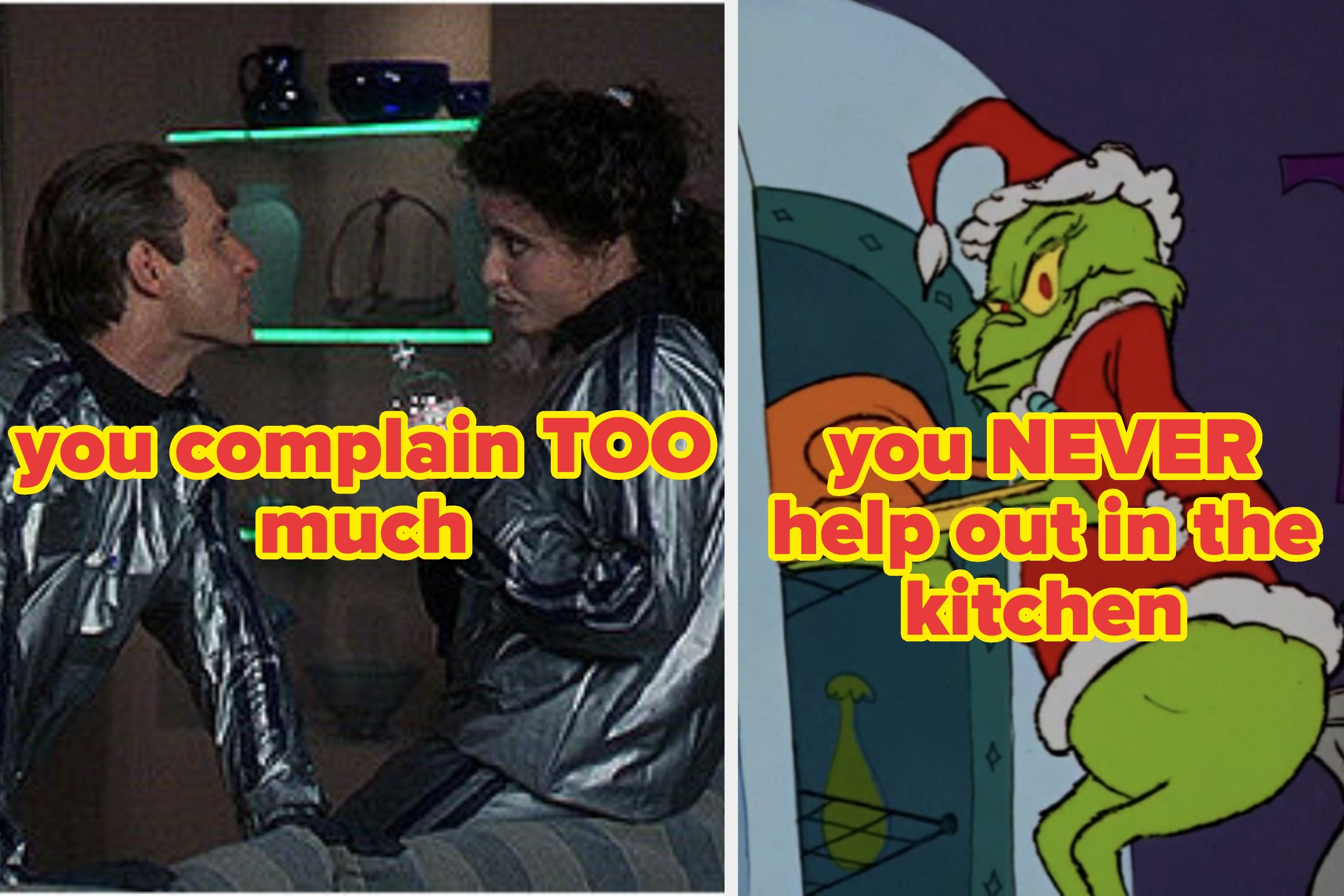 Early in "The Invention of Lying," Mark Bellison (played by co-writer and -director Ricky Gervais) discovers that absolute power is no fun. As the world's only fibber, he's not above stealing enough money for a comfortable life. But when he refuses to use his super powers to get Anna McDoogles (Jennifer Garner), the girl of his dreams, it means he's discovered that even the all-powerful don't feel good about themselves unless they win in a fair fight -- sort of like General Zod arriving from Krypton, making swift work of earthlings, and jonesing to battle Superman.
Early in "The Invention of Lying," Mark Bellison (played by co-writer and -director Ricky Gervais) discovers that absolute power is no fun. As the world's only fibber, he's not above stealing enough money for a comfortable life. But when he refuses to use his super powers to get Anna McDoogles (Jennifer Garner), the girl of his dreams, it means he's discovered that even the all-powerful don't feel good about themselves unless they win in a fair fight -- sort of like General Zod arriving from Krypton, making swift work of earthlings, and jonesing to battle Superman.The movie's most sublime moments come when Mark discovers the pastoral advantages of rank duplicity. In the film's imaginary world, since everyone tells the truth all the time -- to bosses, dates, police officers, and patients ("You'll probably have another heart attack in the next 36 hours and then die very soon after that") -- there's no denial, illusion, hope, nor ultimately joy. People don't know how to make up stories, so the only movies are dry regurgitations of historical events. Coke commercials admit that it's too sweet; Pepsi commercials say that you should buy it only if there's no Coke. Then one day Mark tells Frank (Jonah Hill), a suicidal neighbor, that he shouldn't kill himself because it's all going to work out -- and Frank, who like everyone else in the world has no concept of a lie, instantly believes him and cheers up, forever. Mark whispers equally sweet somethings into the ears of squabbling couples and discouraged nursing home residents. A word from Mark, and their faces bloom, as does his own as the pleasure of sheer benignity captivates him. It's one of the most moving sequences I've ever seen in a movie.
Theological complexities accumulate during the worldwide spiritual awakening Mark ignites by telling his dying mother that she needn't fear the nothingness of death because she'll live forever in paradise. Improvising desperately, he announces that a Man in the Sky causes everything. Mark's off-the-cuff stabs at systematic ethics and explaining why the Man permits or causes suffering are unsatisfactory as humanity gets almost immediately to work devising workarounds. You don't get into heaven after three sins? Then make the most of the first two! As a theologian and church builder, Mark encounters the same problems as St. Paul, who had to address the question of why people shouldn't sin plentifully so that God's forgiveness would abound. Lovesick and discouraged, Mark finally retreats into his ill-gotten mansion. After his hair and beard grow, he looks like Jesus, which makes you think that his friends Frank and Greg (Louis C.K.), who have inexplicably moved in, are disciples.
A somewhat pat ending doesn't disguise the movie's seriousness of purpose when it comes to matters of faith and belief. Some may be offended by the idea that religion didn't exist until a man started lying. And yet who's to say where Mark got his inventive powers to begin with? Eh? Anyway, it's not a movie about the emptiness of religion but the fulsome power of hope, dreams, and yes, even illusion. Great cameos, too, including Phillip Seymour Hoffman as a bartender and Ed Begley, Jr., I'm pretty sure, as a sidewalk preacher.








No comments:
Post a Comment